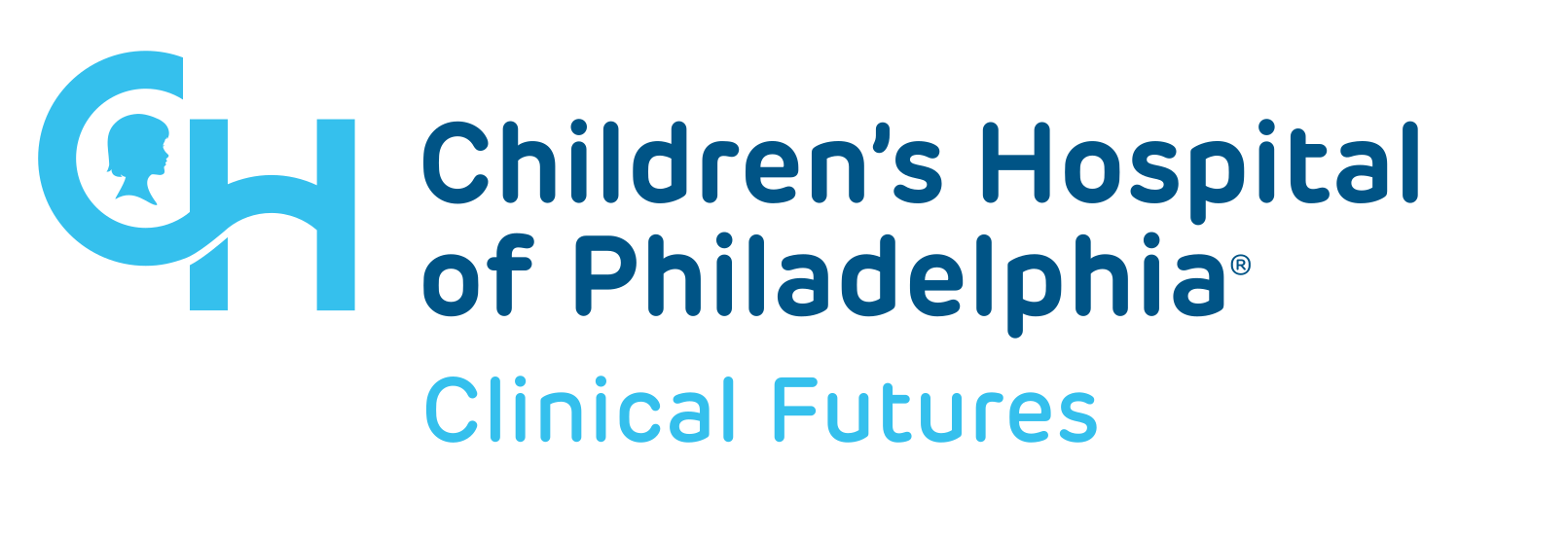Research In Practice Blog
Breadcrumb

"My body, my baby": a qualitative study examining drivers of infant-feeding choices among women living with HIV in Philadelphia, United States
Breastfeeding is beneficial for both infant and mother with data showing a lower risk of infections, asthma, and later obesity for the child, as well as lower rates of cancer and a higher sense of well-being in mothers (Muro-Valdez et al., 2023; Victora et al., 2016.) However, people living with HIV (PLHIV) in the U.S. for decades were discouraged from breastfeeding their infants due to the risk of transmission. (Committee on Pediatric AIDS, 2013).
This guidance was challenging for people with personal and cultural beliefs that promote breastfeeding, and prior literature has indicated that not breastfeeding for some came with a significant emotional cost that continued affecting them throughout their child’s infancy (Griswold & Pagano-Therrien, 2020; Harris et al., 2024; Pagano-Therrien et al., 2023; Tariq et al., 2016).
Recent changes in infant-feeding guidelines in the U.S. reflect the fact that the risk of HIV transmission through breastfeeding is now known to be <1% when the mother or the infant receives antiretroviral medications (Abuogi et al., 2024; Flynn et al., 2018). The updated guidelines from the U.S. Department of Health and Human Services (DHHS) now state individuals with HIV who are on antiretroviral therapy (ART) with a sustained undetectable viral load (VL) should be provided with counseling on feeding options and supported if they choose to breastfeed.
Researchers from Penn and CHOP, including Clinical Futures’ expert, Elizabeth Lowenthal, MD, MSCE, FAAP, AAHIVS, recently published a study, titled ‘My body my baby": a qualitative study examining drivers of infant-feeding choices among women living with HIV in Philadelphia, United States', which was conceived when changes in the U.S. infant-feeding guidelines for PLHIV were being considered but had not yet been enacted. The goal was to gather data on factors that contributed to past infant-feeding decisions for PLHIV and factors they would consider in a theoretical future U.S. context more accepting of breastfeeding while living with HIV.
Study Design and Findings
In-depth interviews were conducted with 28 PLHIV between the ages of 18-50 years old that had previously given birth (6 while not living with HIV). Those who had given birth in the U.S. while diagnosed with HIV reported feeling they had no option to decide to breastfeed because they were strongly advised by health providers to formula feed.
This study found that among women living with HIV in the Philadelphia area, their own knowledge and beliefs about what was best for their babies and themselves were consistently raised as the most influential factors for consideration when deciding whether to breastfeed. The driving factor for those who chose not to breastfeed was perceived high risk of HIV transmission to the infant.
“If I could breastfeed I would. But it´s the chance I could pass the virus – I´d rather just formula feed. If I could breastfeed without passing the virus, I then would.”
They relied strongly on their health providers for up-to-date knowledge. When discussing the importance of information received from health providers, one participant diagnosed with HIV at the time of birth who decided not to breastfeed was quoted saying:
“Let’s put it this way, they were very informative and they talked, we talked throughout the pregnancy but I still did what I wanted to do. But I took their information into account."
Advice from partners, family, and community was considered less influential for most.
“It´s ok to share stuff with each other, amongst each other, hear everybody´s input and stuff. It wouldn´t have affected my decision because my situation is my situation.”
For some women, breastfeeding was strongly desired. Under the old guidelines, this was not presented as a choice for them. But the future presents new opportunities.
"I would give anything to breastfeed my child. [...] If I had the choice, I would definitely choose breastfeeding.”
Implications
The data from this study shows the need for health providers to provide thorough and clear guidance to parents impacted by HIV on the risks and benefits of breastfeeding. The viewpoints and feedback received from PLHIV can contribute to collaborative decision-making that respects the autonomy and preferences of mothers. This approach can foster trust and support within the healthcare environment, improving the overall well-being of families by ensuring that mothers feel heard and valued in their infant-feeding choices. The evidence can also be used to create patient support tools to allow parents to make well-informed decisions and to receive ongoing support to minimize risks and maximize benefits to their infants of their nutritional and healthcare decisions.
Informed decision-making can empower mothers to consider breastfeeding, potentially benefiting infant health with reduced risks of infections, asthma, and obesity. This can enhance the mother's emotional well-being by aligning with personal and cultural beliefs.
Clinical Futures author: Dr. Elizabeth D Lowenthal
